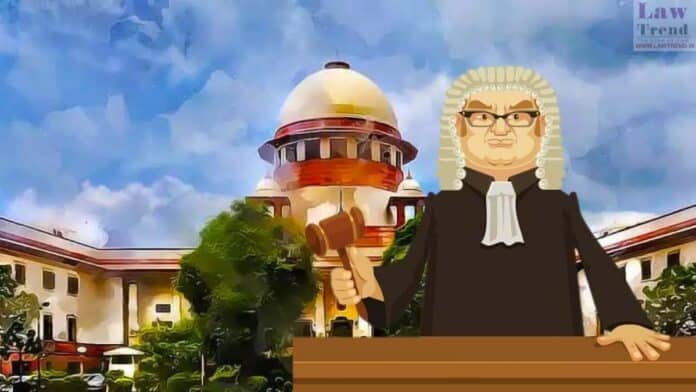In a landmark judgment, the Supreme Court of India, comprising Justice Surya Kant and Justice Ujjal Bhuyan, has ruled that a successor judge is not obligated to rehear a conviction previously pronounced by their predecessor. The court dismissed the appeal filed by Harshad Gupta, who sought a rehearing of his conviction for rape under Sections
To Read More Please Subscribe to VIP Membership for Unlimited Access to All the Articles, Download Available Copies of Judgments/Order, Acess to Central/State Bare Acts, Advertisement Free Content, Access to More than 4000 Legal Drafts( Readymade Editable Formats of Suits, Petitions, Writs, Legal Notices, Divorce Petitions, 138 Notices, Bail Applications etc.) in Hindi and English.




